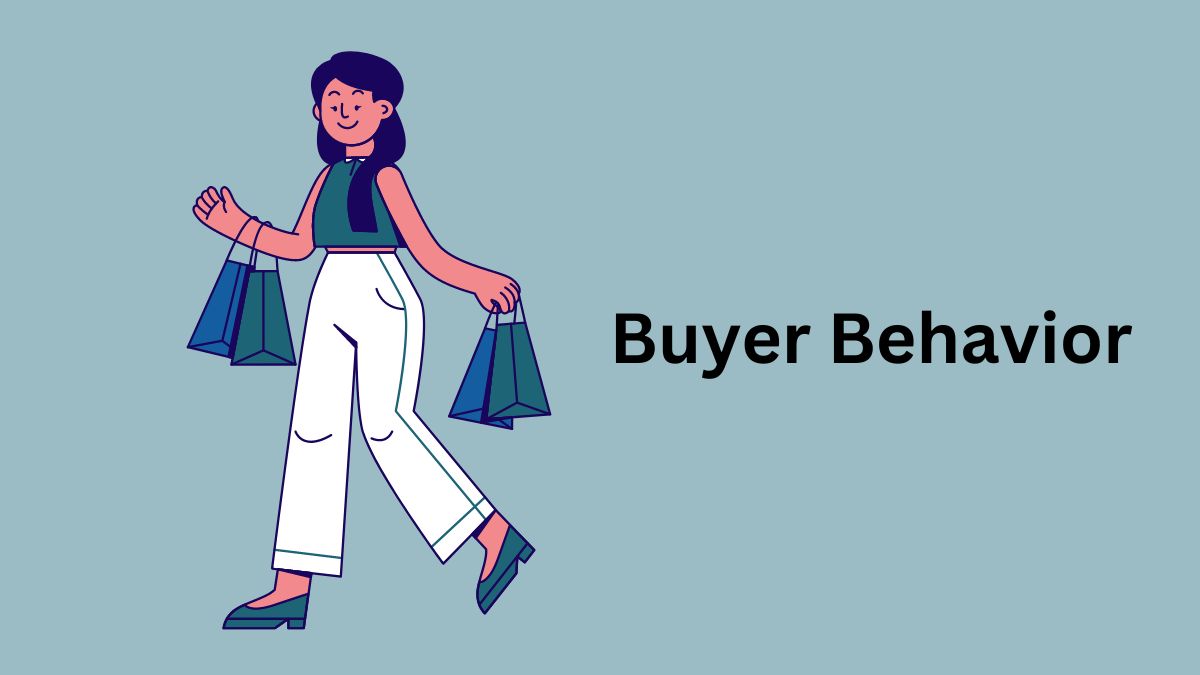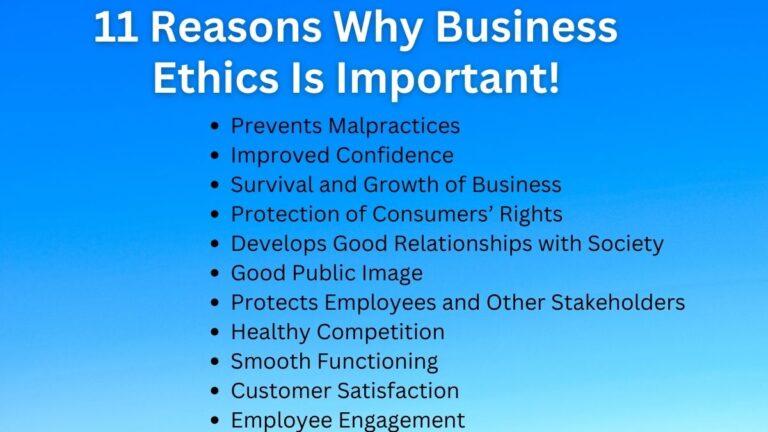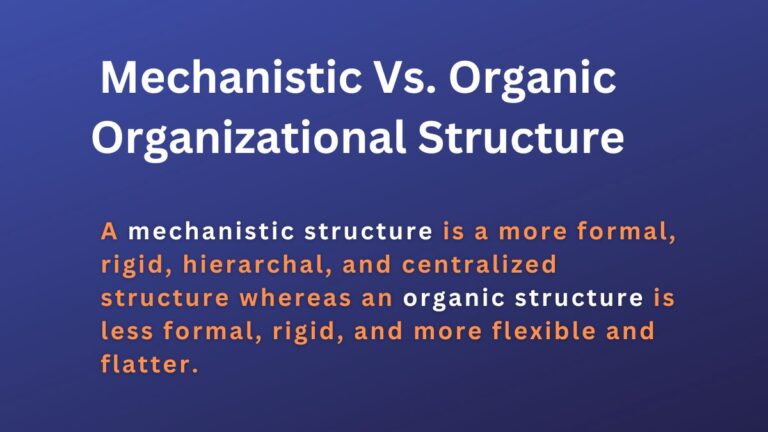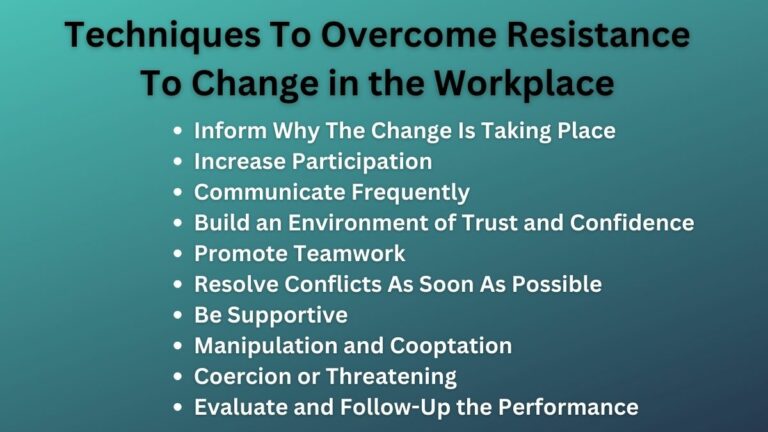What is Buyer Behavior? Definition, Types, Process, Importance, and Factors
What is Buyer Behavior?
Buyer behavior refers to the actions and reactions buyers show while buying any product. Buyers’ actions and reaction largely depends on their personal factors and the nature of the product.
Buyer behavior is commonly also known as consumer buying behavior. Knowing how and why consumers behave will help your business to better design marketing plans and products that meet their demands.
It is a driving force that affects the company’s marketing activities. Buyers’ reactions may be positive as well as negative. While the positive reaction will secure your marketing firm’s future, you must carefully look into negative reactions and ask why did they.
Who Is The Buyer? A buyer is someone who purchases goods and services to satisfy his needs and wants. The buyer may be an individual person as well as an organization.
How To Understand Buyer Behavior?
Understanding buyer behavior may be a daunting task as every person is unique. It is not enough to get to know only what people buy it is equally important to know how, why, where, and in what conditions they buy.
The six Os of the market is a great model to understand buyers. To better understand buyers try to find answers to these six questions.
- Occupants – Who are in the market?
- Objects – What does the market buy?
- Occasions – When does the market buy?
- Organization – Who is involved in the buying?
- Objectives – Why does the market buy?
- Operations – How does the market buy?
Types of Buyer Behavior
Buyers’ behavior is relative to how involved the customer is while but any product or service. The cost of the product also determines the buyer’s behavior. The more the customer is involved, the more complex or interesting behavior he will show.
Read Also: What is Consumer Product?
Normally, there are four types of buyer behaviors. They are:
Complex Buying Behavior
People are highly involved in this buying behavior. They do all the necessary things like comparing products and evaluating risks, and profits.
As such they compare products of different brands. This may include buying expensive cars, houses, and other expensive things.
Dissonance Reducing Buying Behavior
This type, like the above buying behavior, assumes strong involvement in the purchasing process because of the expensive or infrequent nature of the transaction.
Consumers have trouble deciding between brands and worry that they could regret their decision later thus the term “dissonance” is.
Variety Seeking Buying Behavior
As the name suggests, variety seeking, in this, buyers want to know about the different brands of the products before buying. Their involvement is also very high.
They switch brands not because of the high prices but because of their curiosity to know about different products.
Habitual Buying Behavior
This buying behavior includes consumers who purchase products for everyday use. The involvement of consumers is low in this, and they do not compare brands because the products these consumers use are for a very short period of time.
Importance of Understanding Buyer Behavior
Just suppose, when you know what your buyer needs and how he wishes to be served, you will definitely be able to be his best seller. The following are some of the benefits understanding of consumer behavior to the business.
Related: Types of Consumer Products
Understand the Customer
When marketers get to know about the consumers, they better understand the customer’s needs, wants, and taste preferences. The way they can best satisfy the customer’s needs and wants.
Develop Marketing Objectives
Marketing objectives that are established without studying the market, especially the customers will not generate effective results. An understanding of consumers’ behaviors also lets companies develop the right marketing objectives.
Increase Customer Satisfaction
It enables companies to better understand customers’ interests, needs, and wants as such they better serve the customers. This way customers get served the way they want which increases their satisfaction level.
Reduce Uncertainty
Marketing companies may fully comprehend their customers only after doing a thorough consumer survey. As a result, there is a reduced risk of uncertainty while creating and implementing marketing initiatives.
Outperform Competitors
When companies know better about the actual needs and want of the consumers they can also better serve them than the competitors will do. This lets marketing companies attract new as well as competitors’ customers toward their products. Through this, they enjoy a competitive advantage.
How Do Buyers Purchase Products?
To make purchase decisions, individual buyers usually go through the following five steps:
Need Recognition
At first, consumers recognize the need for the products. They realize why they need the products. This may be because the old product is being replaced by new and advanced products.
Information Search
Once, consumers recognize their need for the product, they start to search the information related to that product. They may ask their family, and friends, and collect information about different sellers and suppliers.
Evaluate Alternatives
In this step, buyers analyze and evaluate the information they have collected in the second step. While evaluating they may compare the product features, prices of different sellers, and other advantages.
Purchase Decision
After the evaluation of various purchase alternatives, consumers buy the product. They may first purchase the trial version as well as paid one.
Post Purchase Decision
This is the last stage of the consumer buying decision-making process. At this stage, they evaluate whether or not the product they purchased and consumed met their expectation.
If their expectation is met they may promote the product to others, they may also leave a review on the company’s site, and if their expectation did not meet they spread negative information about the product and company.
Factors Influencing Buyer Behavior
While buying products consumers show their different behaviors, and their behavior is mainly influenced by the following factors.
- Economic Factors – This includes consumers’ personal income level, family income, the economic condition of the country, etc.
- Psychological Factors – This type of factor usually deals with the motivation, perception, learning, attitude & beliefs of the buyer.
- Social Factors – Family, peers, social roles, and class are the main social influences on consumer behavior.
- Cultural Factors – This includes common values, needs, wants, preferences, perceptions, and behaviors.
- Personal Factors – This aspect includes the buyer’s individual viewpoint on any good or service. Yet, these individual factors vary from person to person, resulting in a variety of consumer perceptions and values in relation to purchasing or consuming the product.
Read Next: Business Buyer Behavior
Sajan Kushmi is a content writer with more than 4 years of experience. He holds BIM Degree. He write on the topics related to Management, Marketing, and Entrepreneurship.






